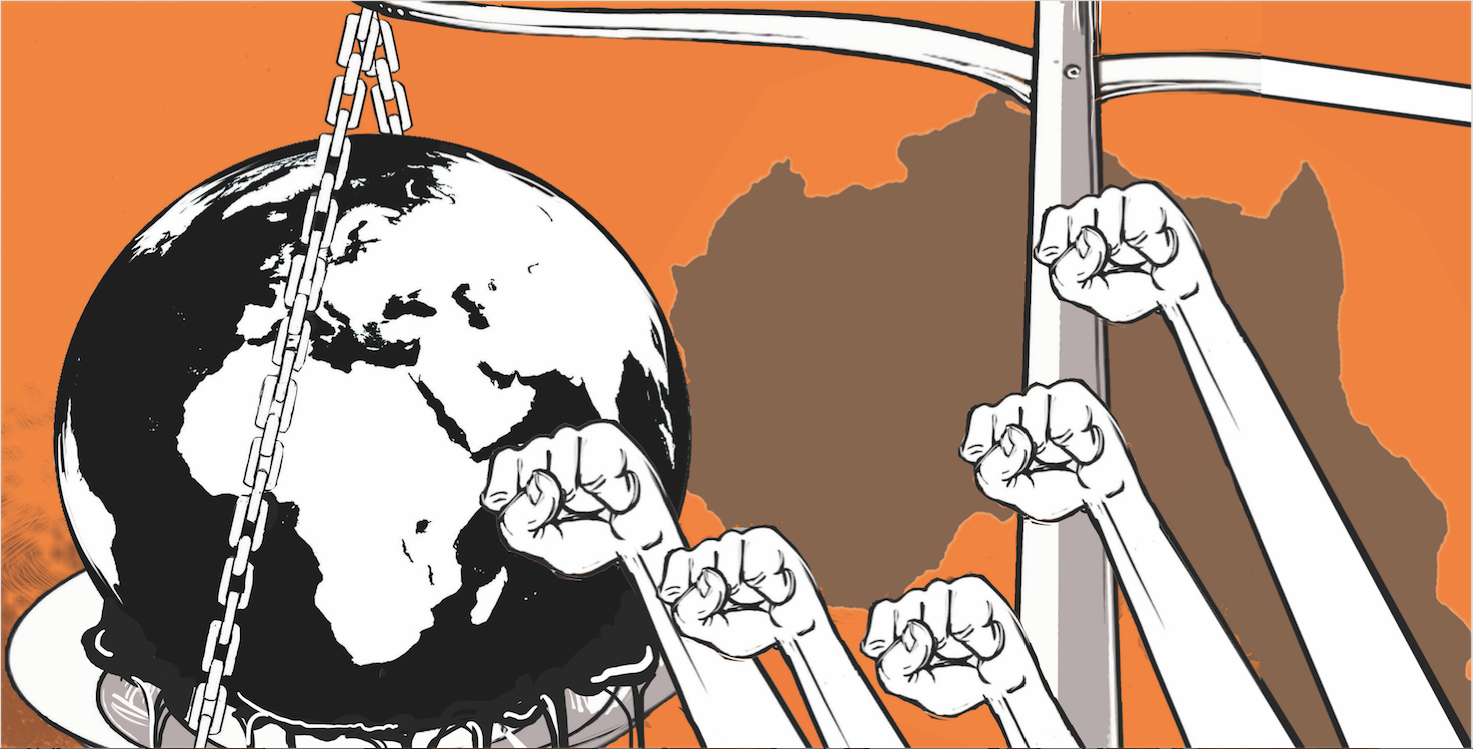
In May, environmental justice campaigners delivered a petition calling for the African Court of Human and Peoples’ Rights to clarify the obligations of states regarding the climate crisis.
As it stands, states are violating their commitments to the African Charter on Human and People’s Rights by taking unilateral, haphazard and disconnected actions on climate-change mitigation that undermine the collective good of the continent.
This is also the case with the unjust carbon offset deals devoid of transparency, forced onto people without their participation, consent or goodwill. The deals have obscured and ignored the interests of Africa’s future generations, who have a far greater stake in these issues than the people making them.
The petition for an advisory opinion is the first relating to climate change to go before the African Court. It was submitted by the Pan African Lawyers Union in collaboration with the African Climate Platform, Environmental Lawyers Collective for Africa, Natural Justice and Resilient40.
The court is widely expected to hear the petition, though its pace of processing advisory opinion requests has tended to vary depending on the complexity and urgency of the matter. Of the four that have been admitted, the quickest turnaround was less than a month, while the longest took two-and-a-half years.
But this is an urgent matter. Advisory or not, the opinion could frame a shared African position – one rooted in justice, grounded in human rights and shaped by the people themselves. If taken seriously, it could be a turning point for climate justice in Africa. If ignored, it will be yet another lost moment.
As early as 2006, the UN Climate Change Conference in Nairobi had declared Africa “the continent most vulnerable to the impacts of climate change”. These impacts, it was said, would have a disproportionate impact on Africa’s vulnerable groups, including women, children and Indigenous communities. Now, the ground is shifting fast, and some of the predictions made in 2006 have been realised.
With temperature in Africa increasing slightly faster than the global average, it is estimated that by 2030, up to 118 million people categorised as “extremely poor” in Africa will be exposed to drought, floods and extreme heat unless adequate action is taken.
The impact of these events will, and is already, seriously undermining their basic human rights, including the rights to life, a healthy environment and security of person, as expressed in the African Charter and other agreements.
The petition now awaiting consideration by the African Court draws its arguments from these various charters, conventions, protocols and other relevant legal instruments already recognised by the court.
The court is the appropriate forum to birth, grow and enforce continental commitments to promote and protect human rights. How it considers a matter tends to receive attention from policymakers and other actors, providing a chance for positive action in the domestic jurisdiction of member states.
The African Court is also appropriate for another reason. While it was designed principally to be accessed by states and state-aligned institutions, the charter gives states the option to allow hearings from individuals and non-state actors such as NGOs.
Of the 372 cases filed with the court so far, 331 are from individuals, 22 from NGOs, three from the African Commission on Human and Peoples’ Rights, and only one from a state. One could therefore say that the people’s agenda, driven by the people themselves, is dominating the African Court.
Advisory opinions are nonbinding, which severely limits their efficacy. States can essentially ignore them, and the current wave of states turning away from multilateralism does not help their cause.
However, they do offer an opportunity to rally around a positive cause. With appropriate goodwill and pressure from the people, advisory opinions offer the best chance to grow good habits away from the force of law. They have been described as “contentious proceedings in disguise” that “constitute a ‘soft’ litigation strategy” and a “particularly useful tool” for small states or non-state actors such as Pan African Lawyers Union and its collaborating institutions.
Senior Project Manager, Friedrich Naumann Foundation, Member, Media Complaints Commission, and Advocate of the High Court of Kenya














